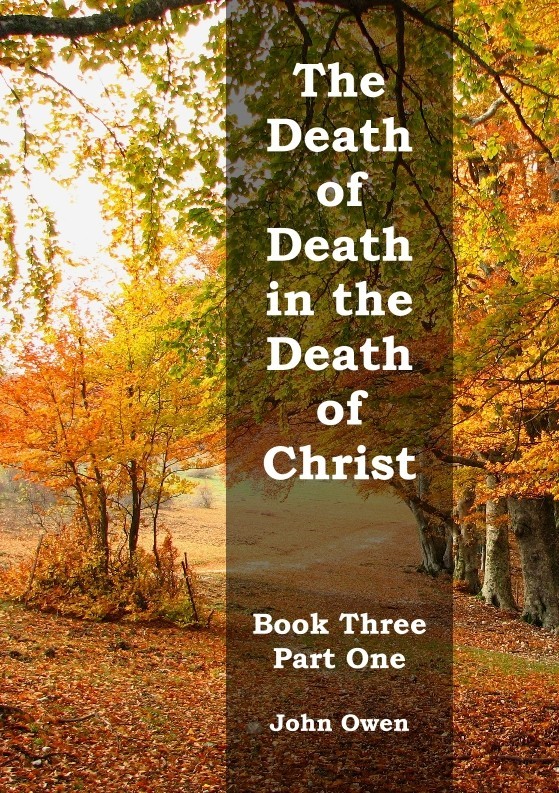
The Death of Death in the Death of Christ - Book Three - Part One
By John Owen
Extract
The Death of Death in the Death of Christ A Treatise of the Redemption and Reconciliation that is
in the Blood of Christ, with the Merit Thereof, and Satisfaction Wrought Thereby.
John Owen
Book Three — Part One
Chapter 1
Arguments against the universality of redemption — the two first; from the nature of the new covenant, and the dispensation thereof Argument 1. The first argument may be taken from the nature of the covenant of grace, which was established, ratified, and confirmed in and by the death of Christ; that was the testament whereof he was the testator, which was ratified in his death, and whence his blood is called “The blood of the new testament,” Matt. 26:28. Neither can any effects thereof be extended beyond the compass of this covenant. But now this covenant was not made universally with all, but particularly only with some, and therefore those alone were intended in the benefits of the death of Christ. The assumption appears from the nature of the covenant itself, described clearly, Jer. 31:31, 32, “I will make a new covenant with the house of Israel, and with the house of Judah: not according to the covenant that I made with their fathers in the day that I took them by the hand to bring them out of the land of Egypt; which my covenant they brake, though I was an husband to them, saith the Lord;” — and Heb. 8:9-11, “Not according to the covenant that I made with their fathers in the day when I took them by the hand to lead them out of the land of Egypt; because they continued not in my covenant, and I regarded them not, saith the Lord. For this is the covenant that I will make with the house of Israel after those days, saith the Lord; I will put my laws in their mind, and write them in their hearts: and I will be to them a God, and they shall be to me a people: and they shall not teach every man his neighbour, and every man his brother, saying, Know the Lord: for all shall know me, …